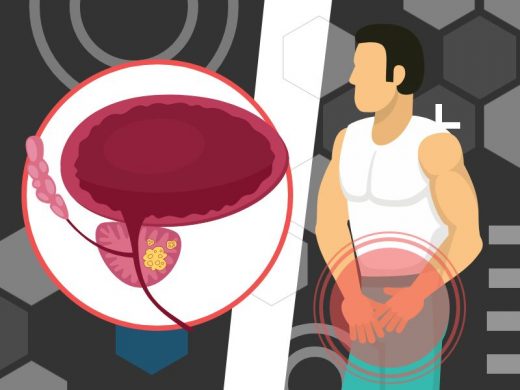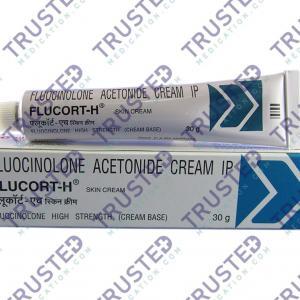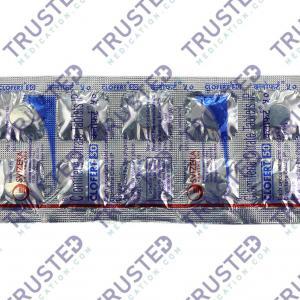
Prostate cancer is a typical type of disease that occurs in the prostate. It is treatable in the early stages. It begins in the prostate gland, which sits between the penis and the bladder.
The prostate produces fluids that nourish and transport sperm. It also secretes prostate-specific antigen that helps semen retain its liquid state. Moreover, the prostate helps in urine control.

Symptoms of Prostate Cancer
- Difficulty in passing urine and maintaining urination
- Frequent urge to urinate at night
- Weak urine stream
- Blood in the semen and urine
- Painful ejaculation and urination
- Pelvic pain
- Back and hips pain
Advanced Symptoms of Prostate Cancer
People with advanced prostate cancer may also show no symptoms and, it depends on the size and severity of the cancer cell. It involves the following symptoms:
- Bone pain
- Drastic weight loss
- Tiredness
The Risk Factors of Prostate Cancer
- Age. Your risk of prostate cancer increases as you age and, they are typical in men during their 50s.
- Race. Black people have a greater risk of prostate cancer than those of other races. They are more likely to have the aggressive and advanced type of Cancer.
- Family history. If a blood relative or your father has prostate cancer, it also increases your risk of the disease. Also, if you have a family history of breast cancer, your risk of prostate cancer is higher.
- Obesity. An overweight individual is at risk of prostate cancer than those with a healthy weight. The type of prostate cancer is also aggressive and does not respond well to initial treatment.
How to Diagnose Prostate Cancer?

Your doctor may assess your symptoms, medical status, and family history. The diagnostic process includes:
- Digital rectal exam. It helps in determining abnormalities in the texture, shape, size of the gland.
- Prostate-specific antigen test. A blood sample is drawn from a vein in your arm to determine prostate infection, inflammation, enlargement, or Cancer.
- Ultrasound. Transrectal ultrasound is an imaging test that uses sound waves to create a picture of your prostate gland.
- Magnetic resonance imaging. It shows a detailed picture and may help your doctor plan a procedure to remove prostate tissue samples.
- Sample of prostate tissue. It helps in determining cancer cells.
To determine if the cancer cell is aggressive, your doctor may recommend:
- Gleason score. It evaluates the grade of prostate cancer cells.
- Most Gleason scores. It assesses prostate biopsy samples ranging from 6 to 10. Scores from 8 to 10 indicate high-grade cancers.
- Genomic testing. It analyzes your prostate cancer cells to determine which gene mutations are present.
Other Diagnostic Steps to Determine if the Cancer cells have Spread:
- Bone scan
- Ultrasound
- Computerized tomography (CT) scan
- Magnetic resonance imaging (MRI)
- Positron emission tomography (PET) scan
Treatments for Prostate Cancer
Treatments include anti-androgen medications and hormone therapy. The recommended treatments for prostate cancer are:
- Targeted drug therapy
- Immunotherapy
- Chemotherapy
- Hormone therapy
- Freezing or heating prostate tissue
- Surgery and radiation therapy









